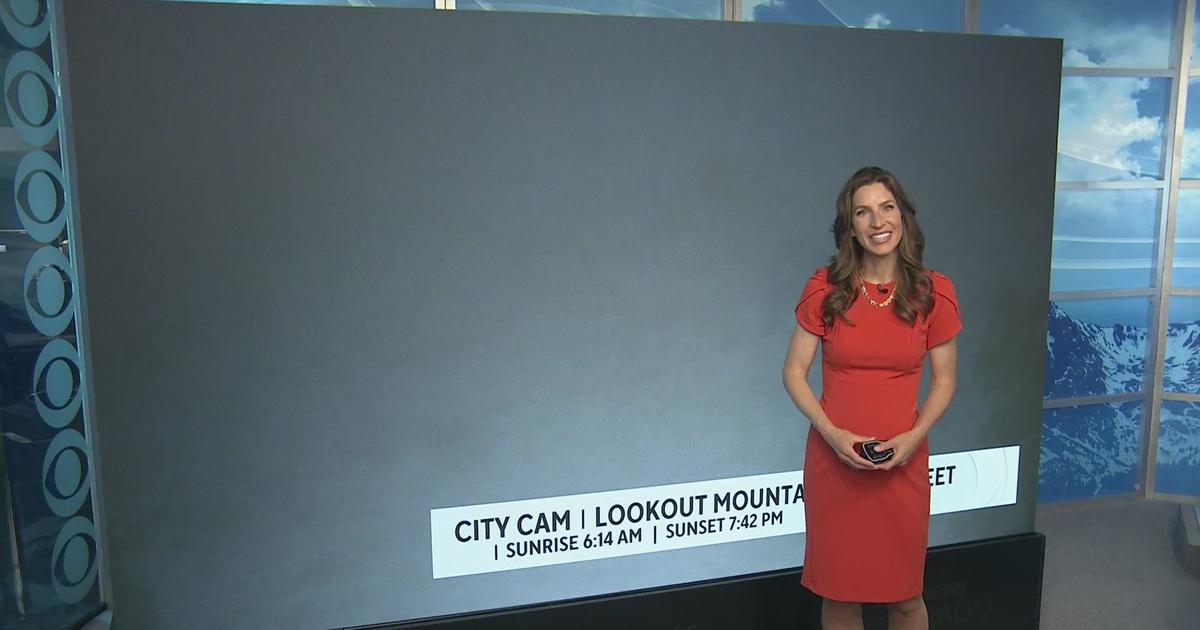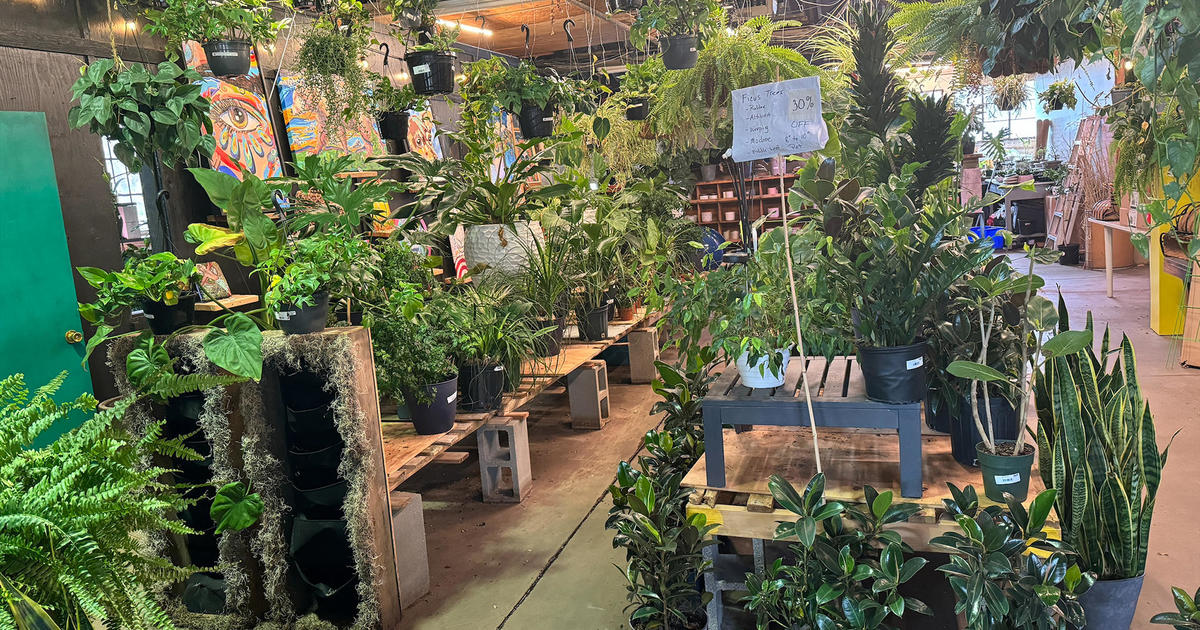Proposals Could Mean Big Change For Colorado Water
DENVER (AP) - An opponent of hydraulic fracturing south of Denver is leading an effort to have voters decide on two proposals that critics say would change the way Colorado has handled water rights since 1876.
The Colorado Constitution says unappropriated water in natural streams is public property, but water can be diverted for beneficial uses. It then outlines the state's "first come, first serve" approach to having water users with older, or senior water rights take what they're due from limited rivers or streams before those with junior water rights.
Denver-area resident Phillip Doe has proposed amending the constitution to highlight the clause saying streams are public property - and making the public ownership legally superior to longstanding water rights, contracts or property law. A related proposal would spell out in the constitution that water rights can be constricted to prohibit uses that would harm the public's ownership in the water, and water that goes back into rivers would have to be returned unimpaired.
"It reaffirms and reasserts that the public of Colorado owns the water, and the state has an obligation to protect the public's interests," said attorney Richard Hamilton, who is working with Doe.
But State Rep. Jerry Sonnenberg, R-Sterling, said ballot proposals 3 and 45 would turn the way Colorado handles water upside-down.
"It's the most devastating thing that could happen to the state of Colorado," said Sonnenberg, a farmer and rancher.
State Senate President Brandon Shaffer, D-Longmont, said the initiatives would be detrimental to the state economy and agriculture.
Efforts are under way to keep Doe's proposals from making the ballot. The Colorado Water Congress, which includes water users and state agencies, is asking the Colorado Supreme Court to decide whether each proposal properly asks voters to consider only one issue.
Doe said if voters approve the proposals, farmers may not be able to exercise their water rights on rivers during droughts, for example, if that would dry up a river. He also said the proposals could prevent water from being used for hydraulic fracturing, though he said that wasn't his intent in promoting the proposals.
Doe said he's been disappointed with Front Range water providers' plans to tap the Fraser and Cache la Poudre rivers to serve growing cities. Strengthening public's ownership in state waters would prevent rivers from being polluted or depleted, he said.
"We're down to our last drop of water. It's time the public starts asserting its right to that which it owns," Doe said.
Yet the environmental policy group Western Resource Advocates isn't backing his proposals either, saying existing state programs have helped achieve greater environmental protections while respecting water rights.
"It's too extreme, it's too reckless," Western Resource Advocates spokesman Jason Bane said of Doe's proposals. "At the same time, we understand why this is coming up. This is part of a new era of oil and gas drilling getting closer and closer to residential neighborhoods on the Front Range. More people are asking questions about water quality and quantity."
- By Catherine Tsai, AP Writer
(© Copyright 2012 The Associated Press. All Rights Reserved. This material may not be published, broadcast, rewritten or redistributed.)



